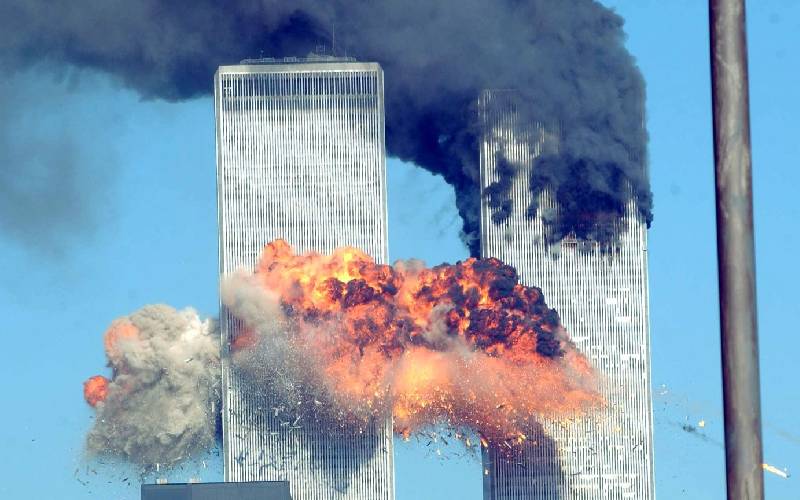×
The Standard e-Paper
Kenya’s Boldest Voice

It was my third week in the US when the September 11 terrorist attack took place. Checking news online, I saw a report that a plane had struck the World Trade Centre, New York’s most iconic building after the Empire State.